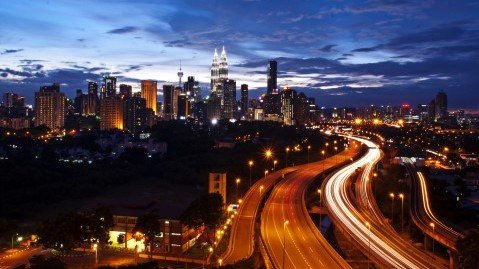

Malaysia updated its First Nationally Determined Contribution by pledging to unconditionally reduce its economy-wide carbon intensity measured as CO2 emission per unit of GDP by 45% in 2030 as compared to the 2005 level.
This 45% reduction can be deduced to having a 35% unconditional reduction and 10% conditional reduction to financing and technology transfer by developed countries.
The country aims to reach 31% of renewables in its installed capacity by 2025 and 40% by 2035.
It is also important to note that in 2020, Malaysia's CO2 intensity to GDP was 20% lower than 2005. Alongside this, the installed renewable capacity including hydropower is expected to double from nearly 8 gigawatts (GW) on 2020 to 18 GW by 2035.
Guest post from Asian Power




